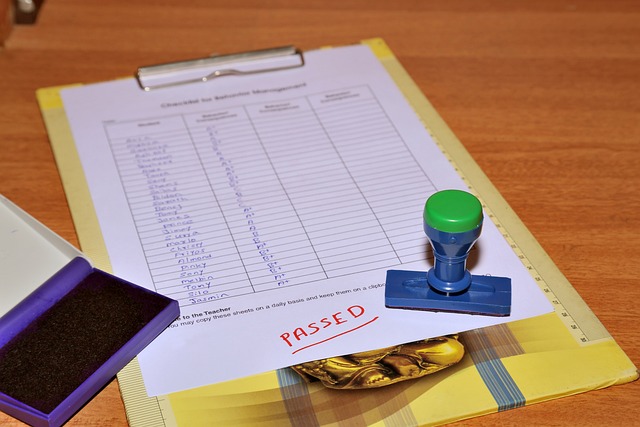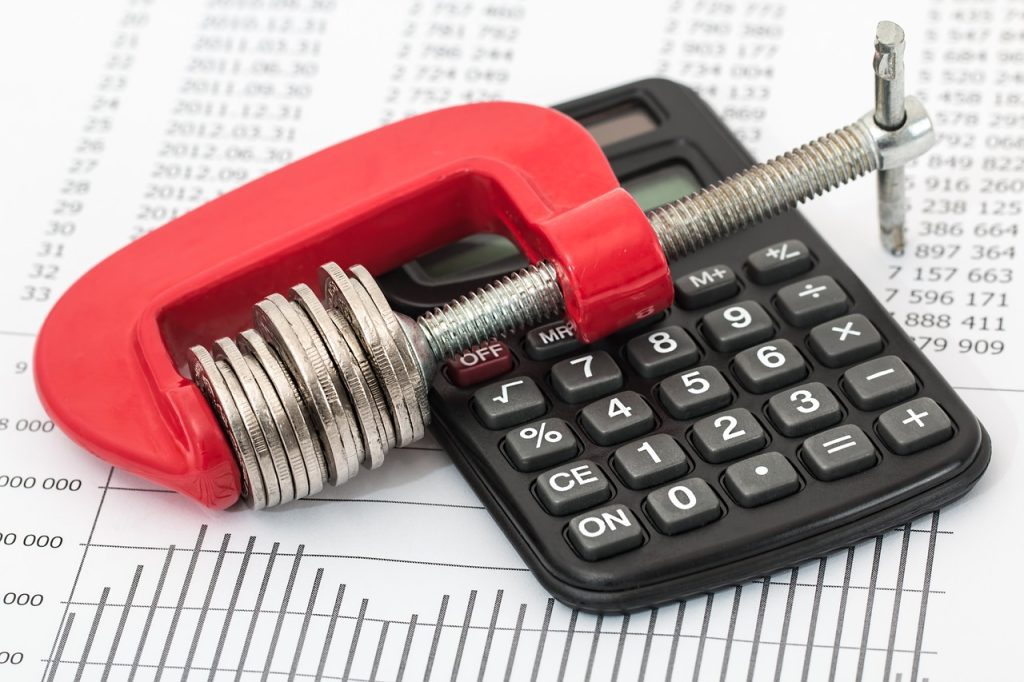You’ll hear the term ‘debt consolidation’ a lot in the media and on money saving websites like Saving Superstar. But what is it and how can it help?
That’s the topic of today’s post. I’ll explain what debt consolidation is, how it works and whether it can be a good idea or not.
By the end, you’ll have everything you need to know to make an informed decision about whether it’s right for you.
What is debt consolidation?
Debt consolidation takes several debts and collects them into a single debt so you can pay it off easier.
For example, let’s say you owe on a couple of credit cards, a store card and are living in your overdraft.
Debt consolidation would take a personal loan and pay all those debts off. You would end up with one single payment and one debt.
You can pay off:
- Credit cards
- Store cards
- Loans
- Overdrafts
- Payday loans
- Outstanding debts in most forms
How does debt consolidation work?
You can consolidate debts in a couple of ways. The goal is to end up with a single debt with a lower interest rate to help you pay everything off easier.
Secured loan – If you’re a homeowner, you could get a secured personal loan. Pay off all your debts with that loan and pay off the loan monthly as usual.
The advantage is that interest rates will be much lower than credit cards, store cards and most other forms of borrowing.
The disadvantage is that the loan is secured on your home so there could be penalties if you miss payments.
Unsecured loan – An unsecured loan works in the same way as a secured loan but isn’t tied to your home. As it isn’t secured on an asset, you’ll pay slightly higher interest but everything else is the same.
The advantages are the same as for a secured loan. The disadvantages are that it’s possibly a large loan that will charge higher interest rates than a secured loan.
It will still be cheaper than cards though!
0% interest balance transfer credit card – Using a 0% interest balance transfer credit card to pay off everything else is technically debt consolidation. It’s a very popular way of paying off high interest cards and getting in front of credit card debt.
The advantage is that you’re paying zero interest so everything you pay goes to settle the debt.
The disadvantage is that the 0% period is finite so you need to pay it off quickly or get another card before the time is up.

Can I get a debt consolidation loan?
It would perhaps be better to call it a loan for debt consolidation as you don’t need to get a specific ‘debt consolidation loan’. You can get any kind of personal loan and pay off debt.
If your credit score is still intact and you would qualify for a loan, you can get one.
If you’re carrying a lot of debt, it will be reflected on your credit report. This can impact the amount a company might be willing to lend.
Any loan application involves a hard search on your credit report which will highlight how much you owe and to whom.
It may be enough to explain to the lender you’re consolidating. It may not. Much depends on the amounts, your credit score and the lender.
If you don’t have large debts, you can probably get a personal loan and settle everything yourself.
If you have large debts that will impact your ability to get a loan, you may need to work with a specialist lender.

Is debt consolidation a good idea?
Debt consolidation can be a good idea. As you saw above, much depends on the amounts we’re talking about.
Advantages of debt consolidation loans
Here are some key advantages of debt consolidation loans:
Loans are usually cheaper than cards – You can pay off multiple high interest debts with a lower interest loan.
Easier to manage – One single monthly payment is easier to manage than multiple payments. Payment will be automated and you may even be able to overpay your loan when the situation allows.
Repair your credit score – If you missed payments or fell behind, your credit score may have been impacted. Consolidate everything, make every payment and you’ll repair any damage over time.
Take control of your finances – Finally, a debt consolidation loan can help you take back control of your money. You’re not just trying to keep up with debt, you’re in control of it and your financial destiny.
Disadvantages of debt consolidation loans
There are a couple of downsides to debt consolidation loans you should be aware of:
More for longer – Debt consolidation loans can mean borrowing a potentially significant amount of money for a long time, perhaps up to 5 or 10 years.
Behaviours still need to change – Debt consolidation loans can help manage the situation but they cannot stop it happening again. Whatever happened to land you in this situation will need to be prevented. Whether that’s changing your situation or your mindset.
Secured loans come with risk – Secured debt consolidation loans are placed against your home. Miss payments and life could get much worse!
Alternatives to debt consolidation loans
A debt consolidation loan is an answer to a debt problem. It’s not the only answer.
You can negotiate with everyone you owe money to and try to come up with a payment plan that’s more manageable.
You could approach Citizens Advice to help you with a debt management plan. This is a formal agreement with creditors to arrange to pay back at a more manageable rate.
You could approach other debt management charities for help.
The key thing to remember is to do something about it. There’s no point putting your head in the sand as the debts aren’t going to go away.
It really does pay to be proactive and take control of the situation.
There will be many times you feel out of control when you’re in debt but this is one of the few times you’ll be in full control. Don’t miss that opportunity.

